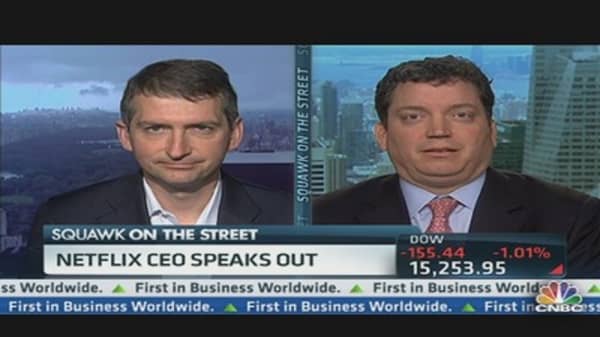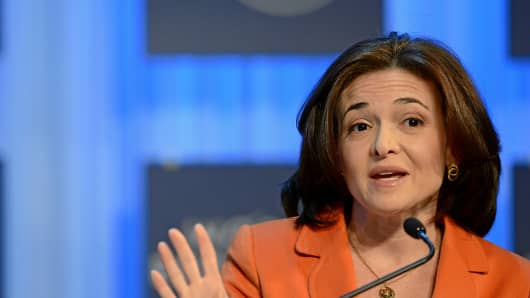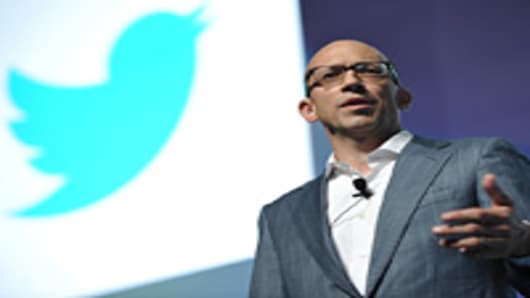The D11: All Things D conference hosted two of the most powerful executives in social advertising: Facebook COO Sheryl Sandberg and Twitter CEO Dick Costolo. They both addressed how they're embracing the mobile format to make ads that are more engaging, and valuable to both brands and advertisers.
Sheryl Sandberg on Mobile
Though the interview kicked off with a conversation about why Sandberg wrote 'Lean In' to reverse gender inequality, the conversation focused on Sandberg's role overseeing all parts of Facebook's business. And she said Facebook's attention is firmly focused on all things mobile. Why? Facebook has one in seven minutes of all the time people spend on the desktop, but one in five minutes of the time they spend on mobile devices. And they're checking
As for the question of whether the launch of mobile super-app 'Home' fell flat, Sandberg says it's just the first version, and very early days. She says that consumers either love it or hate it, but that the potential is there to transform phones, and make them more "social" and "people oriented. But she acknowledged that it's still "very early" and "it'll be a long road."






